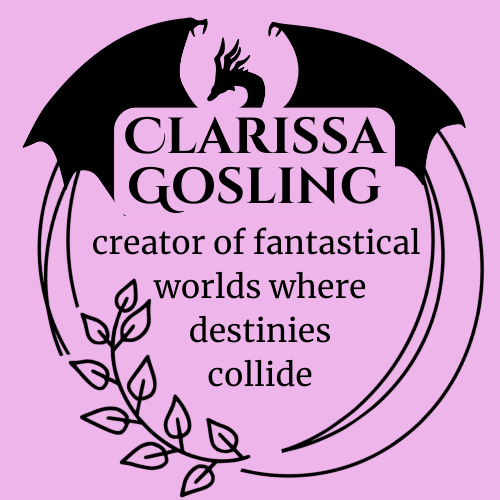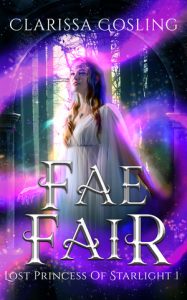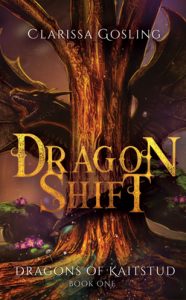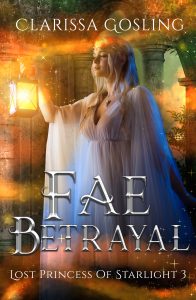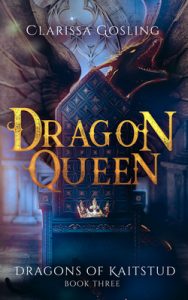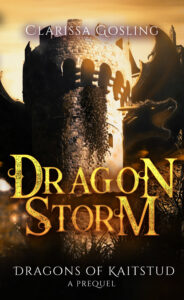To isbn or not to isbn? The answer to this isn’t as easy as you might think.

Every book needs to have an international standard book number, as an ex-librarian (gosh that sounds weird to say!) I know it is important and ties into your book being able to be catalogued and added to the systems as an official book. An ISBN is made up of series of sections, one of which is unique to the country, language or geographical region the book is from, one of which is unique to the publisher, and one of which is unique to the book. So every ISBN holds within it the details of the publisher who published the book and where it was published. Ebooks also have isbns, and these are not the same as the print book isbn. In fact every different version of a book should have its own ISBN: ebook (mobi – for kindle); ebook (epub – for every other retailer); paperback; hardback; large print; audio book; pdf (if you make it available in a pdf). So for one set of book content there will be a number of different ISBNs associated with the different versions of it. If all of those are made available by the author/publisher, which they might not be and they may only be produced if the sales of other version were high enough. (I plan to look at producing other versions of books in a future episode of this series, so I’m not going to go into this subject here as it does deserve its own post.)
As a self-published author there are generally two ways to get an ISBN for your book: The easy way and the expensive way!
The easy way is that when you upload your book to most retailers they will provide an ISBN for you.
The expensive way is to purchase ISBNs to use yourself and then allocate one to each of your versions of your book.
The benefit of the easy way is that it is free with most of the retailers to get an ISBN from them. The downside of this approach is that then the retailer is listed as the publisher, and the same version of the book through different retailers will have different ISBNs. For ebooks this doesn’t matter so much, as on the upload page you can list your own publisher name and that is normally listed on the sales page of the different retailers. But for paperbacks, if you use their ISBN then the company printing the books will be listed as the publisher, ie Amazon for a lot of them.
The benefit of the expensive way is that your publisher name is listed as the publisher of record for your books, and you can use the same ISBN for the same version of your book available from different retailers. The downside is that you have to purchase the ISBNs. How you purchase ISBNs and what they cost depends on where you are based. Because each different ISBN agency has a different code within the ISBN. You can find a list of the different ISBN agencies that sell ISBNs (https://www.isbn-international.org/agencies) and from there you can find the details of how to purchase ISBNs where you are and how much they will cost.
The costs of ISBNs vary, from being available for free, to costing $125. Most of the ISBN agencies offer tiered pricing where the bundles over severe discounts on the bulk pricing. So, for example the current USA prices are one ISBN for $125, while 10 costs $295 and 100 are $575. So the more you purchase the cheaper they all are individually, but you need a larger outlay at the start.
From what I have seen there does seem to be a move within the international ISBN agencies to move towards this bundled pricing model. It was the case that in the Netherlands you paid a one-off fee to be registered as a publisher, and then there was a lower per item cost for each ISBN. They were still bundled, and I think there was a discount for buying more at one go, but the individual prices were much lower than the US ones as you also had the registration cost as well. Now they have switched to the American model and the publisher cost has gone and the individual prices have gone up. Which is a shame, as I had researched how to do it the old way, but not made the step to register myself before they then announced the changes and stopped new people being able to register. Well, technically you could register still, but then only purchase smaller bundles of ISBNs and then they all had to be used before you could buy more, which meant it wasn’t economic for me to register at that point.
With these options you need to decide how much it is worth it to you for your publisher name to be listed as the publisher of record for your books. Is it worth the cost of the ISBNs. Or would you rather go with the free option to keep initial costs down. Certainly when you are first starting off those costs of the ISBNs are eye-wateringly high. And at that point you are likely to be unsure how this will work for you, and what sales you are likely to get. The question of how big a bundle you want to go for is difficult, as the bigger the one you go for the less the per item price is, yet the higher the overall price is. If you don’t know if you will recoup your costs adding another expense on is a risk. Yet, being the publisher of record is a step towards professionalism and taking this seriously as a career.
As with many of these questions related to self-publishing there is no right or wrong answer, and what you choose doesn’t have to stay that way. Personally I have used the free ISBNs so far, though I do plan to reassess that when I have more books out and have a better idea of how much it costs me to produce a book, and what my likely income is from each of them.
